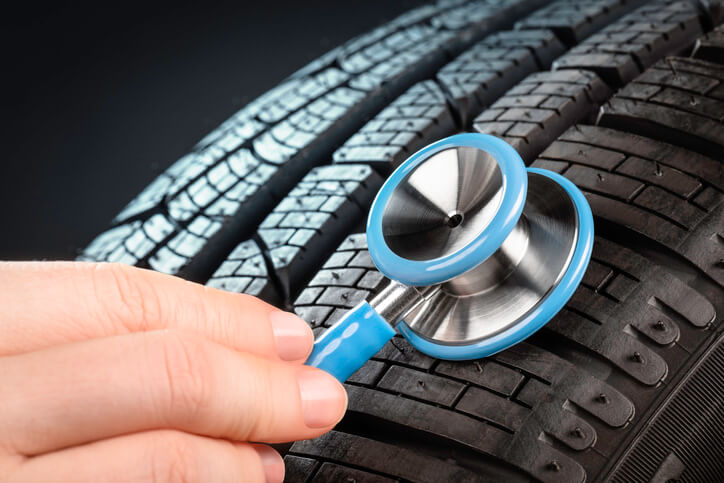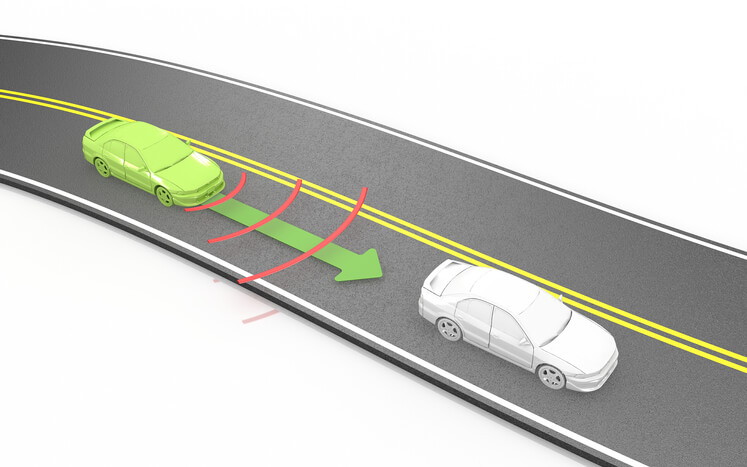Has a recent vehicle purchase left you with a bitter taste?
When you spend your hard-earned money on a car—regardless of whether it’s brand new or pre-owned—you expect it to be safe and reliable. Unfortunately, this isn’t always the case. In fact, experts speculate that about 1% of vehicles sold in the United States each year are lemons.
What's a Lemon Vehicle, Anyway?
Specifically, a “lemon” refers to a vehicle with a substantial defect that’s covered in its warranty and unable to be repaired after a number of attempts. The exact definition of a lemon, however, can vary slightly from one state to the next. For example, one state may consider a vehicle a lemon after just two repair attempts, whereas another state may require four attempted repairs.
A vehicle can be a deemed a lemon regardless of whether it’s brand new or used. As long as the vehicle is still within the manufacturer’s warranty period (or there is evidence that the problem/defect began during the original warranty period), the term applies.
Lemon Laws Can Protect Consumers
Nobody wants to be stuck with a lemon vehicle, but the good news is that there are laws in place to protect consumers in these unfortunate situations. The first “lemon law” established in the United States was the Magnusson-Moss Warranty Act, which actually applies to all consumer products under a manufacturer’s warranty (not just cars!). Under this law, consumers have the right to a replacement or refund in the event that a warrantied product is defective and cannot be repaired.
In addition to the Magnusson-Moss Warranty Act of 1975, many states have since enacted their own lemon laws to protect consumers. These laws may differ in terms of how many repairs must be attempted on the vehicle before it qualifies for lemon law protection, as well as the required actions and timeline for the vehicle owner. If you think you’ve got a lemon on your hands, it’s worth looking into the specific lemon laws in your state.
What to Do if Your Car is a Lemon
If you suspect that you’re driving a lemon, begin by researching your state’s specific lemon laws. This will give you a solid starting point for what your legal protections and obligations are. From there, it’s a good idea to gather detailed records and documentation regarding the defect and any repair attempts on your vehicle. This should include purchase history, service history, and any other relevant communications with your dealership and service mechanics.
From there, reach out to the manufacturer of your vehicle directly. Many states’ lemon laws require that this communication be sent by certified mail so you can prove that it was delivered. If you don’t receive a satisfactory response or settlement offer from the manufacturer, you may need to take legal action through arbitration.
A vehicle can be a deemed a lemon regardless of whether it's brand new or used
While not ideal, working with a lawyer who specializes in your state’s lemon laws is often the quickest and easiest way to a fair resolution. Depending on the specific details of your case, your lawyer may advocate for a total refund on your vehicle and/or vehicle replacement with a similar make and model.
The arbitration process can take weeks, months, or even years; it just depends on the complexity of your case and the willingness of the vehicle manufacturer or dealer to reach a settlement. In the meantime, if your vehicle has any safety defects, it may be in your best interest to stop driving it until a settlement is reached.
The Final Word on Lemon Laws
Car manufacturers aren’t perfect, which is why they offer warranties to begin with. Unfortunately, when manufacturers and dealers fail to stand behind those warranties, things can get complicated. Federal and state lemon laws exist to protect consumers in these circumstances, so be sure to understand and exercise your rights if you’re stuck behind the wheel of a lemon!
Liam Hoch researches and writes about safe driving for DriverZ.
Having been a passenger in multiple near-catastrophic vehicle collisions, Liam knows first-hand the dangers of distracted, reckless, and unsafe driving.
Passionate about our core principles of helping to make safer drivers and, ultimately, saving lives, Liam stays at the forefront of driving safety innovation and research.


















